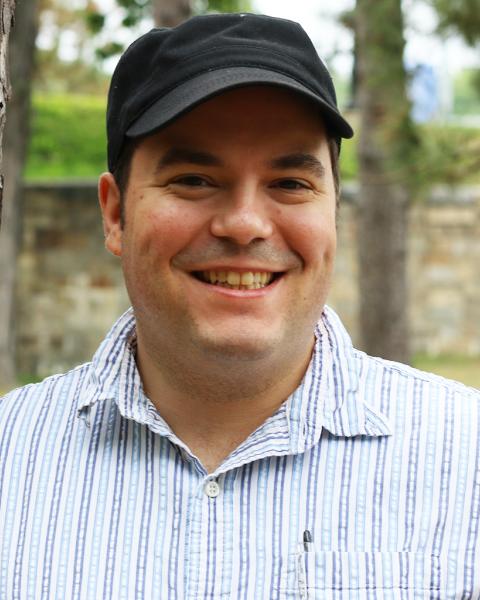Questions, Answers and Alpacas
Dedicated Master Gardener volunteers answer home and garden questions big and small each weekday at the UNH Extension Infoline. Get to know the volunteers behind the Infoline with this ongoing series of profiles—and learn how you too can become a Master Gardener.
During her 17 years as a Master Gardener volunteer with the UNH Extension Infoline, Tabby Burak has heard it all.
There was the woman who called the Infoline looking for answers on how to start an alpaca farm when she retired. Another caller once phoned in wondering whether the strychnine-coated wiring—an attempt to keep rodents in check—in their family’s old summer cottage was still poisonous (it was). Burak has answered home and garden questions big and small, obscure and obvious—and each time, she says, she learns something new.
“You have this camaraderie at the Education Center, and you’re helping the public. It’s fun. Finding information on some topics can be a little tricky, but it’s always interesting,” she says.
Burak has a long history with the Master Gardener program. She initially completed the program training in North Carolina in 1989 and volunteered as a Master Gardener there until she and her husband moved back to New England in 1994. After a brief hiatus, she once again became a Master Gardener, this time in New Hampshire in 2001.
Her home and garden roots stretch back to her childhood. Her father introduced Burak and her sister to vegetable gardening at an early age.
“I was six and she was five, and we grew radishes,” she says. “Every Saturday morning, we’d bunch them up and go around the neighborhood and sell them for a nickel a bunch. I don’t remember if we made any money or not, but it was fun.”
Burak and her sister soon graduated to working in their father’s “big garden,” and she received from her great aunt an education in flower gardening. “It’s in the family,” Burak says.
She lives in Manchester, where she keeps a container garden on her apartment’s balcony and grows a host of plants inside. Along with her volunteer shifts at the Infoline, she keeps busy with regular afternoon walks with her neighbors.
Growing connections between people is one of Burak’s favorite aspects of gardening. As an Infoline volunteer, she’s helped Granite State residents solve home and garden puzzles, find vital nutrition information and answer pressing food safety questions.
“I’ve met some interesting people,” she says. “I’ve met a woman from the western part of the state who calls in. She has very limited vision and is interested in nutrition, so she calls in and we help her with that information, which can be tricky to get.”
Sometimes, Burak learns alongside the callers looking for information. When she received the call about starting an alpaca farm, Burak spent an afternoon looking up fact sheets and other resources about alpaca farms. The animals are highly sociable, she learned; if you’ve got two alpacas and take one for a walk, the other alpaca will likely find a way to tag along, whether you want it to or not.
“I learned a lot of things about alpacas that day,” she says, laughing. “I’d love to have one—but I can’t have one with my apartment.”
